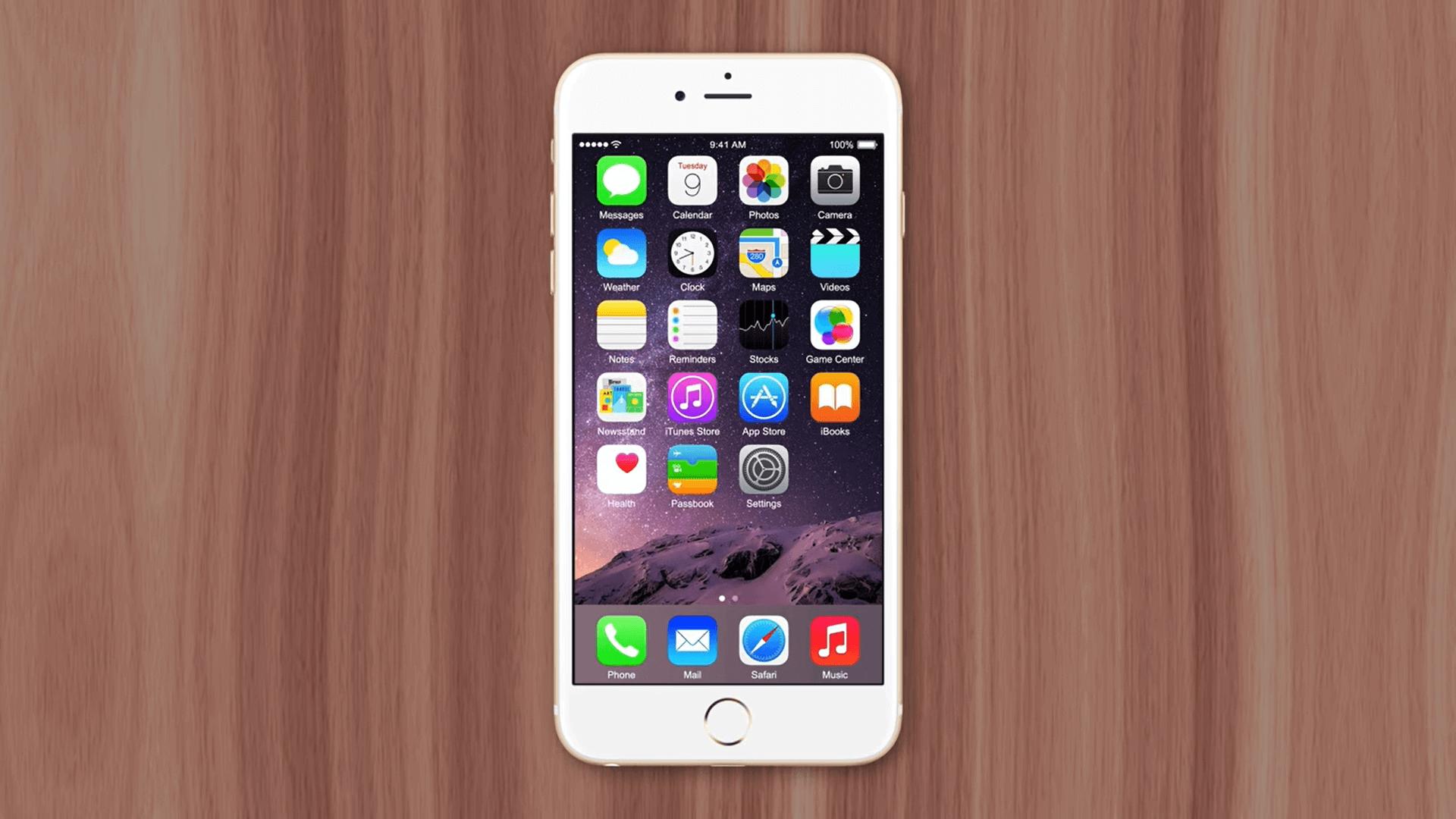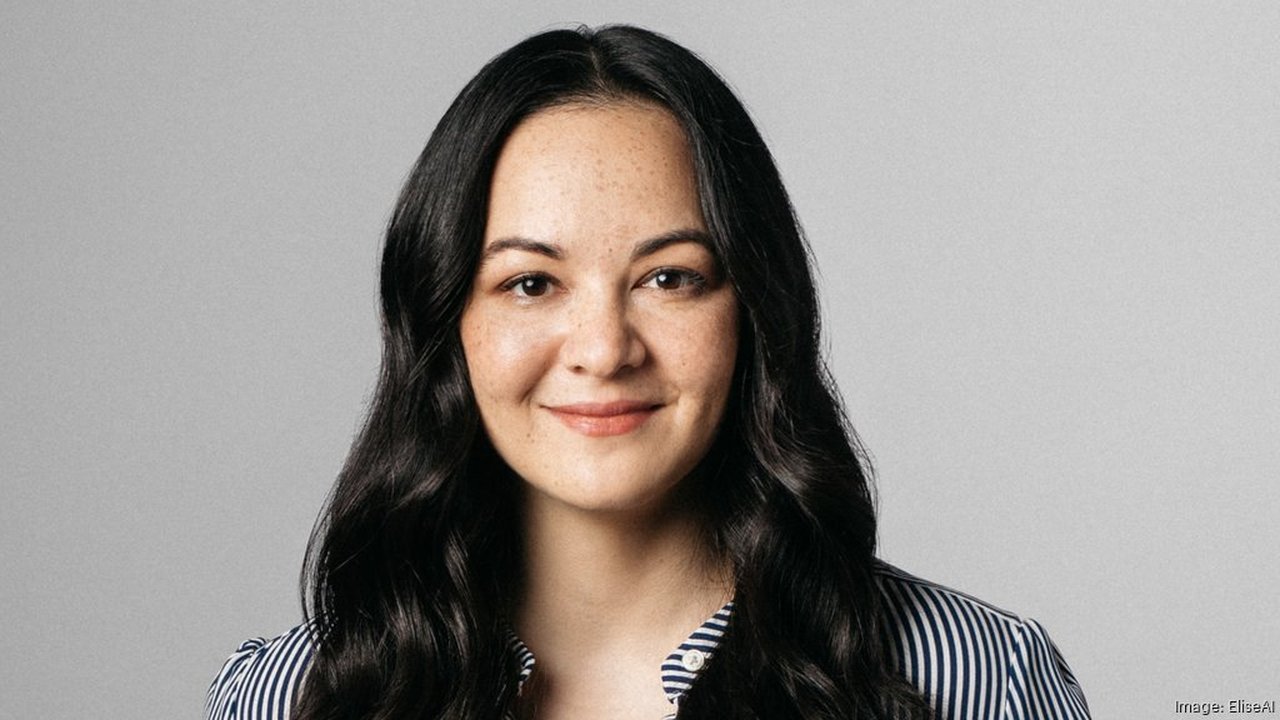In past years, Apple has been accused of slowing down older iPhones. iPhone users assumed that the reasoning behind this move was to increase the sale of newer models. However, the actual reason was different.
Problems Caused by Aging iPhone Batteries
Apple used lithium-ion batteries in their iPhones. Even though these batteries are the most preferred batteries in the market, they still cause several issues as they age. These problems are caused by battery capacities that degrade over time.
As the capacity of a lithium-ion battery degrades, it becomes nearly impossible for the iPhone to perform as it did before. In other words, a decrease in battery capacity does not only affect the battery life but also deteriorates the performance.
iPhone’s processor must be powered by a source while it is being used, and the source that powers the processor is the battery of the iPhone. The more complex the task performed by the processor is, the more power it needs.
As the iPhone ages and the capacity of the lithium-ion battery degrades, the performance of the processor deteriorates since it needs to be powered by the battery. However, the processor still needs to perform several complicated tasks. Thus, this creates a big problem.
Your iPhone wants to perform a task, but the battery fails to provide adequate power. At last, the battery starts to provide 80% efficiency or even less. As a result, your iPhone shuts itself down at expected times.
iPhones shut themselves down as the processor pulls more power than the battery can provide. This situation is quite common among devices that are powered by rechargeable batteries. Every manufacturer has its own way of handling the issue.
Apple’s Solution
Some manufacturers simply allow their devices to shut down unexpectedly while Apple chooses to follow a different solution. Apple rather prefers to control the amount of power the processor pulls from the battery with the help of software updates which causes old iPhones that run on iOS 10.2 or above with 80% or less battery efficiency to slow down.
Once the iPhone is slowed down, the processor does not pull more power than the battery can provide anymore. Hence, unexpected shutdowns are avoided. However, some users are not content with using slow phones.
In the year 2017, Apple admitted that they had been intentionally slowing old iPhones down. Later, they added a switch in battery health settings that allow a peak performance mode for the users who do not want their phones to slow down. By activating this mode, users can continue using their iPhones in peak performance and allow their iPhones to shut down unexpectedly.
It has been rumoured that Apple slows down old models to push people to buy newer ones. However, Apple does this to make old models useable. If Apple wanted its users to purchase new models, then they would allow old models to shut down.
There is always a more budget-friendly option for people who do not want to upgrade their old iPhones to newer models but still resent to use their phones in low performance. That is to change the battery.





No comments yet for this news, be the first one!...